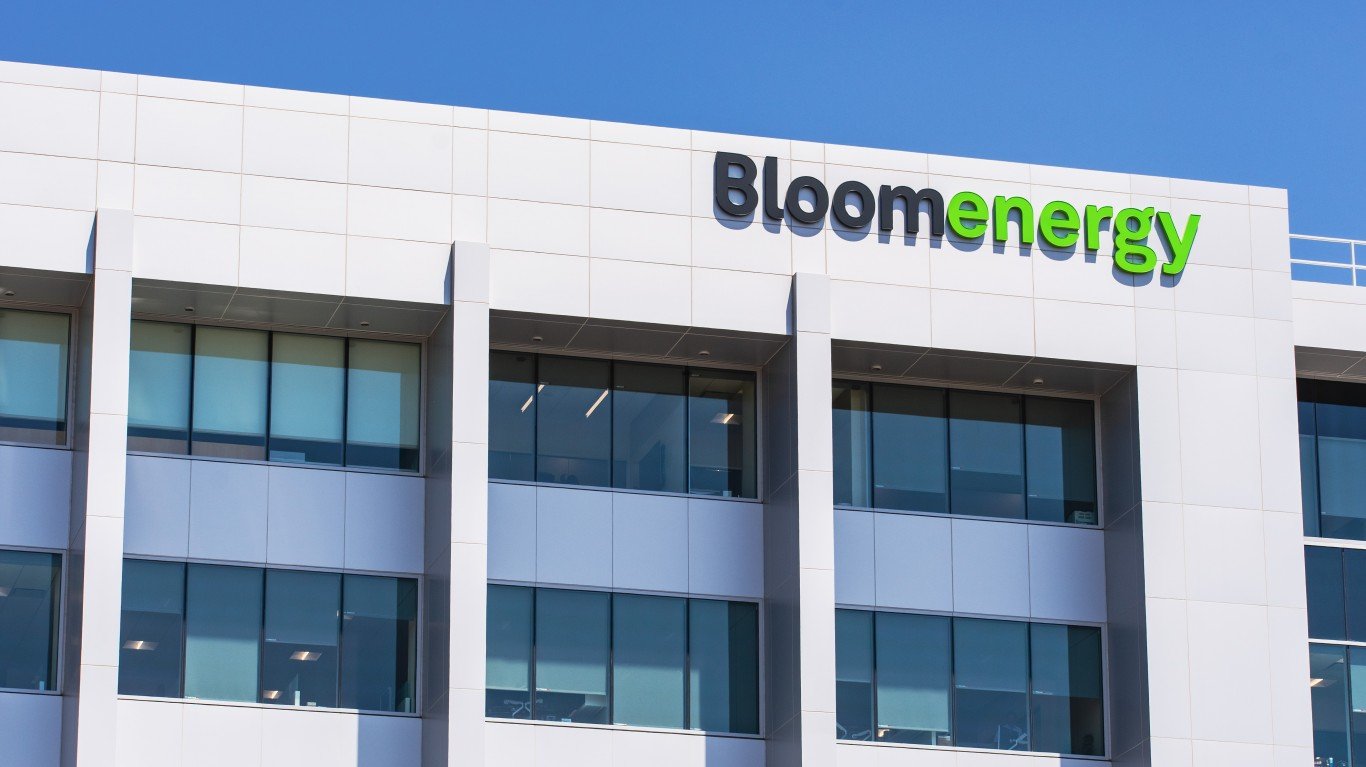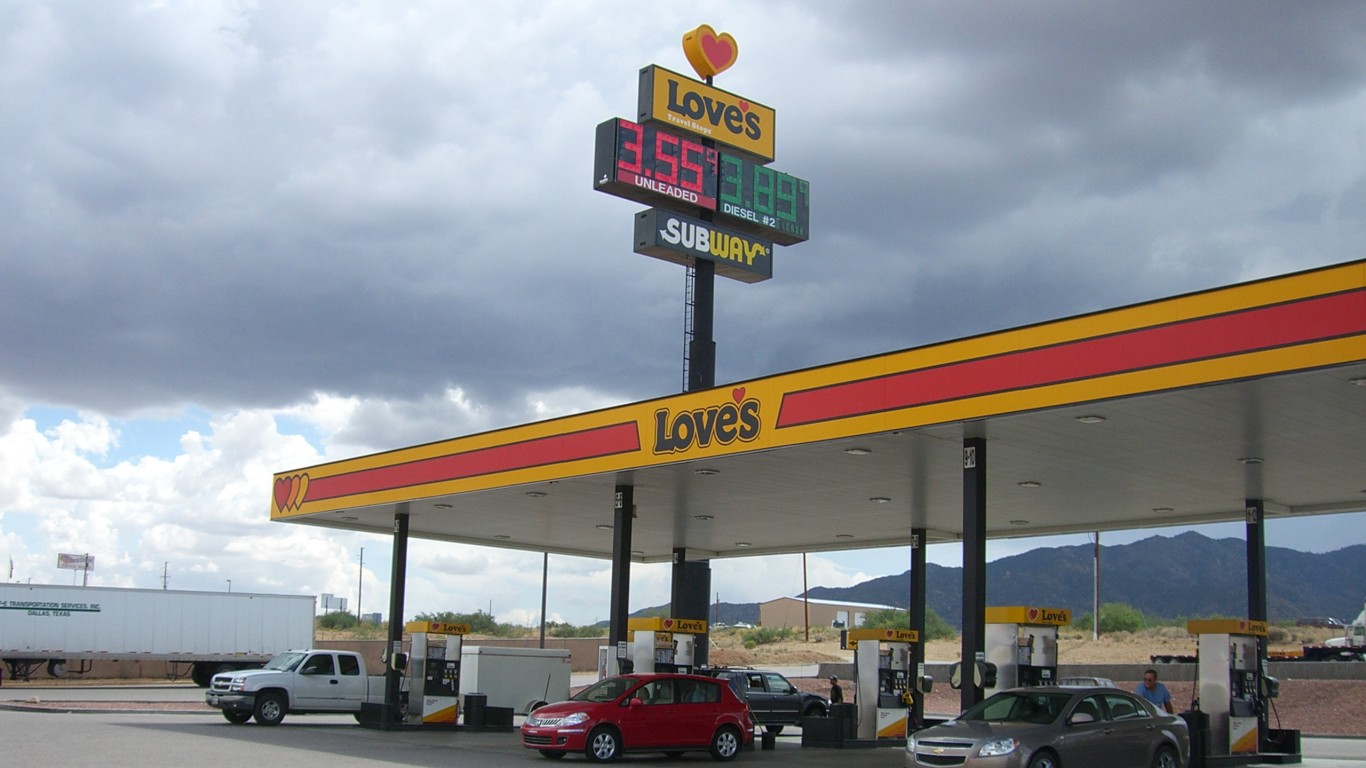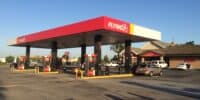

A scathing report issued Tuesday by short-seller Hindenburg Research shaved nearly a quarter off the shares of fuel-cell maker Bloom Energy Corp. (NYSE: BE). Bloom’s stock is bouncing back on Thursday after Paul Coster, an analyst at JPMorgan, affirmed his Overweight (equivalent to Buy) rating on the stock while cutting his price target by a third to $12 a share, more than three times the current trading price of around $3.60.
In early August, after releasing second-quarter results, Bloom’s stock dropped by more than a third after the chief financial officer said that 2020 acceptance growth (the number of systems accepted by customers after the box is turned on and is producing full power) “will not be as great in 2020 as it was in 2019. And we still anticipate, from what’s been booked so far this year with the mix that we’re seeing, we anticipate that we’ll still get pretty healthy top-line acceptance growth, but we expect [average selling prices] to decline in about the same amount translating to a flat revenue at the top.”
In other words, even with growth in the number of paying customers, revenues will be flat because Bloom has to lower its price to compete with other alternative energy generators like solar and wind.
The Hindenburg analysts attacked Bloom on several fronts, saying their research “indicates that Bloom’s technology is not sustainable, clean, green, or remotely profitable.” On top of the company’s own lackluster guidance, Hindenburg claims that cuts in government subsidies will cost Bloom about $247 million in revenues over the next three years.
According to a report at MarketWatch, JPMorgan’s Coster agrees that demand for Bloom’s solid oxide fuel cells (the company calls them servers or Bloom Boxes) could “pause for a couple of quarters” while potential corporate customers decide where to put their investments in clean energy and whether Bloom is sustainable.
Making matters worse for investors, according to Hindenburg, are $2.2 billion in “undisclosed servicing liabilities” that the firm expects to “sink” Bloom. The short seller claims that Bloom’s contracts with its customers place “nearly 100%” of the performance risk of the fuel cells on Bloom.
In its own defense, Bloom argued its latest servers average 5.2 years of service before having to be replaced and that “future” service revenues will exceed future service costs even though there are systems still being used with service lives of less than 4.8 years. Coster thinks that Hindenburg’s report “overstates” Bloom’s liability.
Bloom came public in July of last year and its share price rose to a post-IPO high of $38 in late September of 2018. As of August 30 this year, 18.7% of the company’s total float was short, and shares were down more than 90% from the high.
Shares traded up about 5.4% in the mid-afternoon Thursday, at $3.53 in a 52-week range of $3.08 to $38.00. The 12-month consensus price target is $13.88.
Take This Retirement Quiz To Get Matched With An Advisor Now (Sponsored)
Are you ready for retirement? Planning for retirement can be overwhelming, that’s why it could be a good idea to speak to a fiduciary financial advisor about your goals today.
Start by taking this retirement quiz right here from SmartAsset that will match you with up to 3 financial advisors that serve your area and beyond in 5 minutes. Smart Asset is now matching over 50,000 people a month.
Click here now to get started.
Thank you for reading! Have some feedback for us?
Contact the 24/7 Wall St. editorial team.



